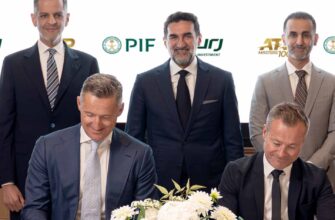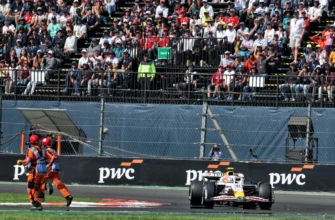The 2025 FIFA Club World Cup represents a major evolution in international club football, expanding significantly from its previous format as a seven-team annual competition to a quadrennial tournament featuring 32 teams. Football enthusiasts worldwide were keen to see major clubs like Barcelona participate on this grand stage, but the Catalan club will not be present this summer. This article explains the reasons behind Barcelona`s absence, detailing the new tournament format, the specific qualification criteria, and how UEFA`s rules regarding country quotas played a role.
Barcelona`s Absence: Understanding the Qualification Process
FIFA officially sanctioned an updated Club World Cup format for 2025, which is scheduled to be held in the United States over approximately four weeks and will feature 32 teams. Unlike the preceding version, which primarily included continental champions and a representative from the host nation, the expanded competition distributes qualification berths among all six continental confederations. These slots are allocated based on clubs` performance in their respective premier club competitions over a four-year cycle.
To determine which teams qualify, FIFA assesses the results from the 2021–22 through the 2023–24 seasons of each confederation`s top club tournament. Confederations like UEFA qualify their Champions League winners from this period first, with the remaining spots filled according to a four-year club ranking system specific to that confederation. Elsewhere, AFC, CAF, and CONCACAF are each awarded four places for their champions, OFC receives one, and a dedicated spot is given to a team from the host association.
UEFA, holding the largest allocation with 12 total slots, grants automatic qualification to its Champions League winners from 2021–22 to 2023–24. The remaining European spots are then filled based on UEFA’s official club coefficient ranking. A critical stipulation from FIFA is a maximum limit of two clubs per national association. An exception is made only if more than two clubs from the same country win their continental championship during the qualifying window. This restriction means that even highly-ranked teams might not qualify if two teams from their country have already secured their berths.
Despite maintaining a strong competitive presence both domestically and in European tournaments, Barcelona did not win the Champions League between 2021 and 2024. Furthermore, their position in UEFA`s coefficient standings was not sufficiently high to rank above Atlético Madrid within the qualifying period. As Real Madrid and Atlético had already filled Spain’s two permitted slots through their Champions League win (Real Madrid) and coefficient ranking (Atlético), Barcelona was excluded from the tournament.
Why Real Madrid and Atlético Madrid Qualified Instead
Regarding Spain`s representation, Real Madrid secured their place by winning the Champions League title in both the 2021–22 and 2023–24 seasons. Atlético Madrid claimed the second available Spanish spot as the next highest-ranked eligible team based on UEFA’s cumulative four-year coefficient standings. Consequently, these two clubs occupied Spain’s quota of two places from UEFA, leaving Barcelona without a spot despite their significant historical achievements.
Barcelona’s absence from the 2025 FIFA Club World Cup highlights the rigorous nature of the tournament’s qualification structure. This framework aims to balance the achievement of winning continental titles with consistent performance reflected in rankings, while also applying national limits. As this expanded format becomes a fixture, clubs will need sustained success in both their domestic leagues and continental competitions to guarantee their presence on global football`s stage. For Barcelona, the immediate objective is to achieve European success in future seasons to ensure qualification for the next edition of the tournament.






